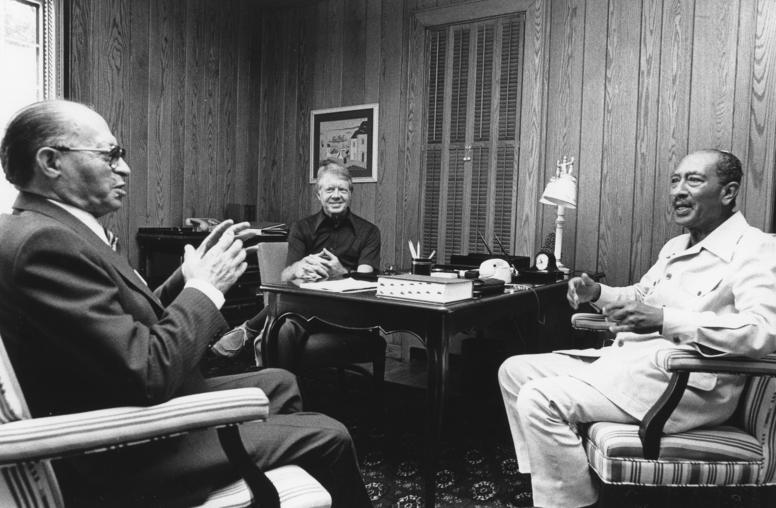Political, Security Challenges Grow for Middle East Women
The unprecedented role of women in the Arab uprisings doesn't mean life is getting easier for them as the world marks International Women’s Day. A joint USIP/Wilson Center project asked 10 women leaders from the region how government and civil society can combat gender-based violence.

Two years after the Arab Awakening erupted, International Women’s Day is especially poignant and important for women across the Middle East. “In 2013, women in the Middle East face growing challenges to both their political and physical security, despite their unprecedented role on the frontlines of the Arab uprisings over the past two years,” wrote Robin Wright, a joint fellow at USIP and the Woodrow Wilson International Center for Scholars.
“Widespread reports chronicle increasing social harassment, political marginalization or intimidation, and sexual assaults, notably in Egypt but also in other countries undergoing tumultuous transitions,” according to Wright. Her comments are featured in a new Wilson Center publication on challenges to women’s security in the Middle East and North Africa.
The Islamists Are Coming, a joint USIP/Wilson Center project and the title of Wright’s recent book, asked 10 women leaders from Egypt, Iraq, Jordan and Lebanon how government and civil society can combat gender-based violence. Nearly all of them called for tougher legislation to criminalize violence against women.
One Egyptian said her government’s inaction on gender-based violence has allowed perpetrators to act with impunity. “But protection and rehabilitation for victims are more important than punishing criminals,” said Rowida Omar.
An Iraqi human rights activist, Pascale Warda, warned that “amending laws is not enough to end violence.” She argued that society’s mentality towards women must also change. Howaida Nagy and Rowida Omar, Egyptian democracy activists, said civil society organizations should expand their campaigns, and engage men, lawmakers and religious leaders to help change popular attitudes towards gender-based violence.
In Lebanon, lawmakers are examining legislation on domestic violence. “The adoption of the law, however, seems remote because stakeholders are unable to agree on some contentious points,” said Myriam Karouz Aucar, a member of the Beirut Bar Association. “A faction argues there is no rape within marriage.” Rawan Yaghi, an education specialist, said the government, at the very least, should establish shelters for abused women. USIP has a raft of other resources also related to the role of women in conflict zones. Check out the thought-provoking reports and videos of events produced by the Center of Innovation in Gender and Peacebuilding. The Institute’s Global Peacebuilding Center has compiled top educational resources, including a video that tells the story of Betty Bigombe as she negotiated peace between the government of Uganda and the Lord’s Resistance Army.
What does International Women’s Day mean to you? Tell us by submitting your comment below.
Garrett Nada is a program assistant at USIP.



